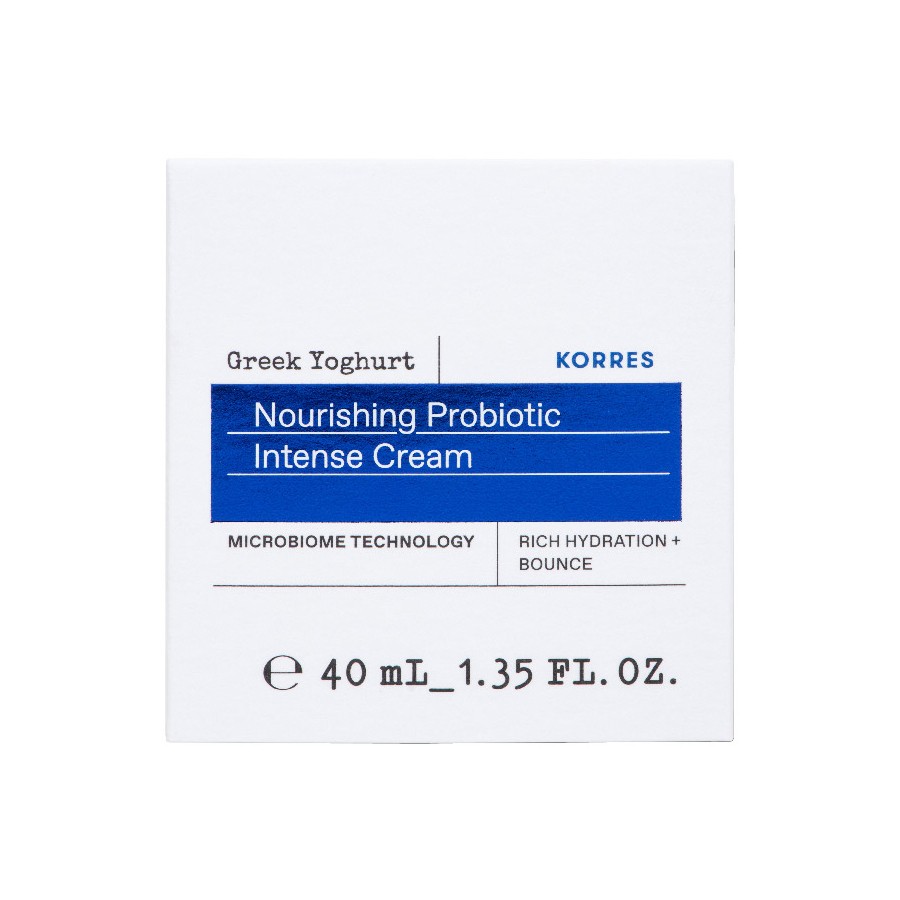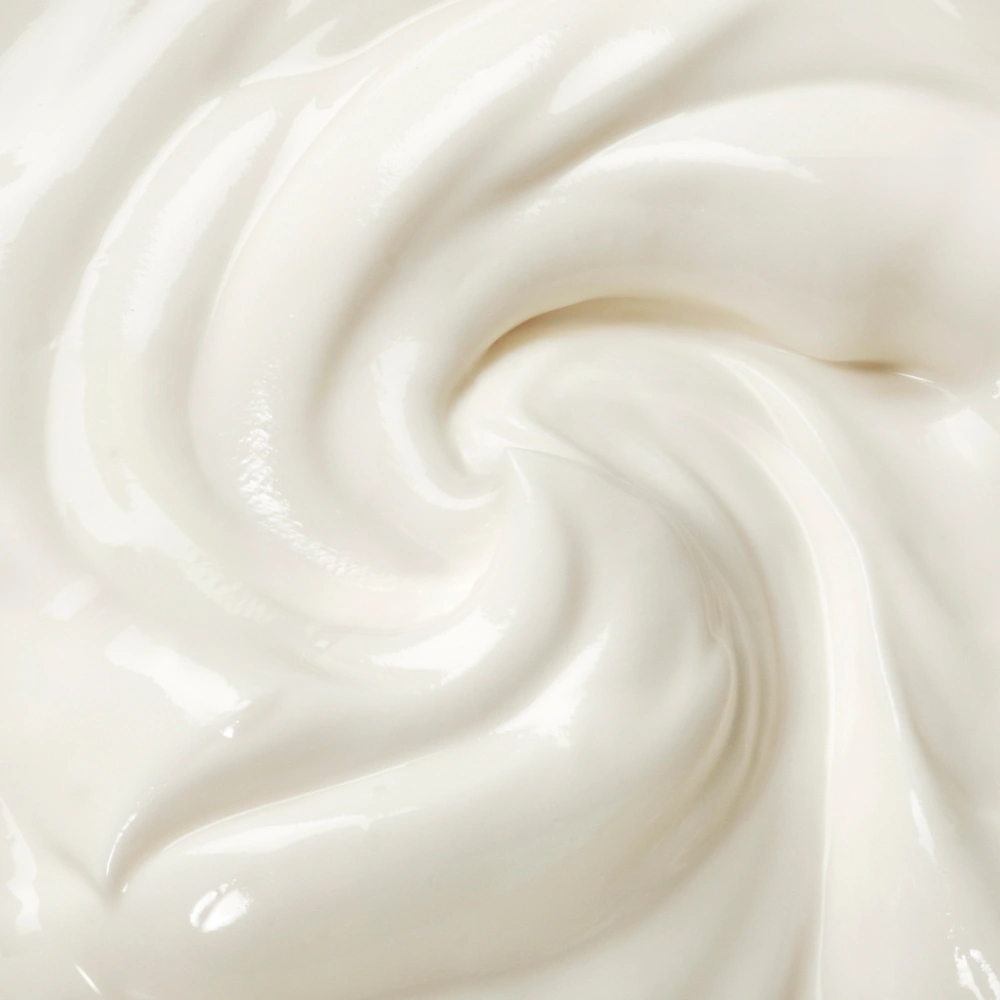
Common postbiotic ingredients used in skincare include various compounds produced by probiotics during fermentation processes. These ingredients offer a range of benefits such as supporting the skin barrier, soothing inflammation, and enhancing hydration. Here are some of the most common postbiotic ingredients:
1. Lactic Acid
- Function: Exfoliates dead skin cells, improves hydration, and promotes smoother skin texture.
- Benefits: Lactic acid is a gentle exfoliant that helps brighten the skin and reduce the appearance of fine lines and uneven skin tone. It’s often found in products for sensitive or dry skin.
2. Peptides
- Function: Small chains of amino acids that help signal skin cells to produce collagen.
- Benefits: Peptides help improve skin elasticity, firmness, and reduce the appearance of wrinkles. They support skin renewal and help maintain a healthy skin barrier.
3. Short-Chain Fatty Acids (SCFAs)
- Function: Byproducts of bacterial fermentation, including butyrate and acetate.
- Benefits: SCFAs are known to support skin barrier function, maintain moisture levels, and help balance the skin microbiome. They also provide anti-inflammatory benefits.
4. Bacteriocins
- Function: Antimicrobial peptides produced by probiotics that inhibit the growth of harmful bacteria.
- Benefits: Bacteriocins help protect the skin by reducing harmful bacteria that can cause infections or acne, promoting a balanced microbiome.
5. Enzymes
- Function: Break down dead skin cells and impurities on the skin’s surface.
- Benefits: Enzymes provide gentle exfoliation without harsh physical scrubbing. They are often used in cleansers or masks to leave the skin smooth and refreshed.
6. Sodium Butyrate
- Function: A type of short-chain fatty acid.
- Benefits: Known for its anti-inflammatory and moisturizing properties, it helps soothe sensitive skin and improve hydration.
7. Beta-Glucan
- Function: A polysaccharide derived from the cell walls of probiotics or yeast.
- Benefits: Beta-glucan helps soothe and hydrate the skin, reduce redness, and support the skin’s immune response. It also has antioxidant properties.
8. Fermented Plant Extracts
- Function: Byproducts of fermenting plant-based ingredients with probiotics.
- Benefits: Fermented extracts often contain enhanced levels of antioxidants and bioactive compounds that improve skin hydration, firmness, and radiance.
9. Hyaluronic Acid (HA)
- Function: A naturally occurring substance that can be a byproduct of probiotic fermentation.
- Benefits: Hyaluronic acid is a powerful humectant that draws moisture into the skin, helping to plump and hydrate, reducing the appearance of fine lines.
10. Post-Fermentation Lysate
- Function: A filtered byproduct of probiotic fermentation, containing beneficial metabolites and cell fragments.
- Benefits: Lysates help improve skin texture, calm inflammation, and boost overall skin health by reinforcing the skin barrier and supporting the microbiome.
These postbiotic ingredients are increasingly being used in skincare formulations to offer a more holistic approach to maintaining a healthy skin microbiome, reducing irritation, and supporting the skin’s natural functions.
Skin Care Products with Microbiome Technology, Probiotics, Prebiotics & Postbiotics



This page contains Amazon affiliate links. This means that if you click on an affiliate link and make a purchase, I may receive a small commission at no additional cost to you. As a pharmacist, I only recommend products that I personally trust and believe will be valuable to my audience. Thank you for supporting my website!
